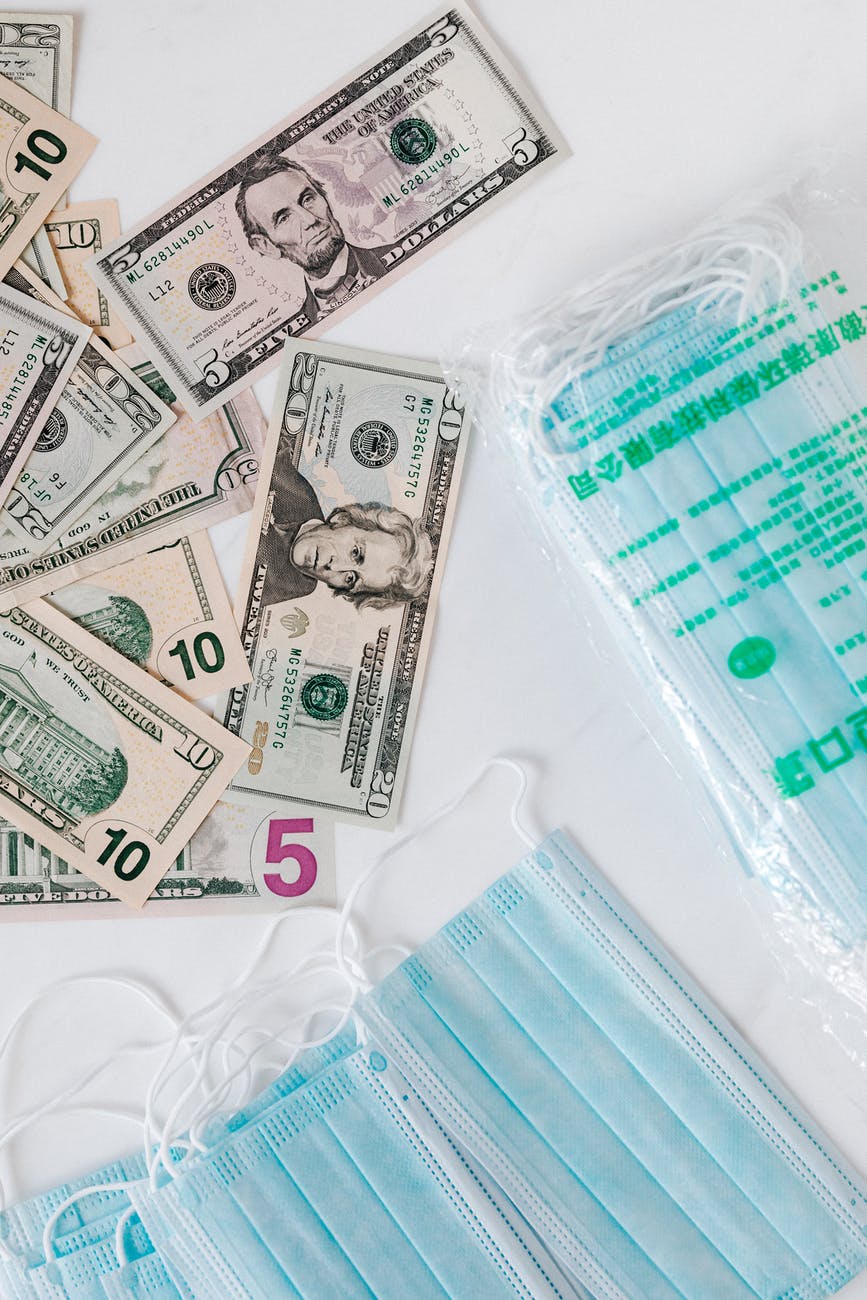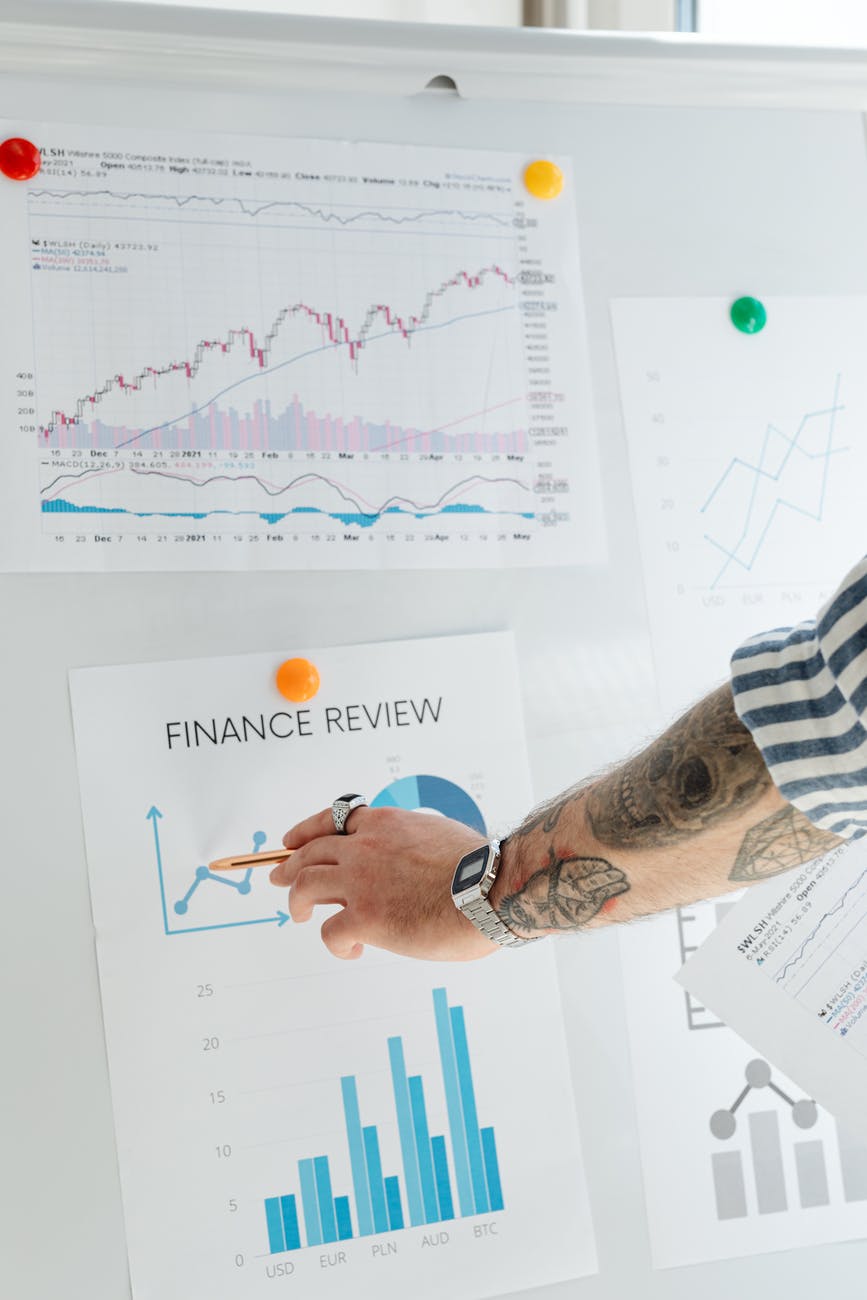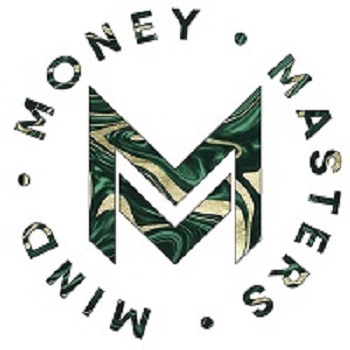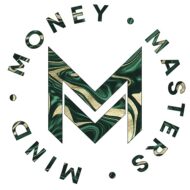If you plan to retire early there are a few things that you need to know. Standard retirement age is 65. In this article, I review some of the steps needed for early retirement. I am really discussing retiring earlier than 65. Retirement seems to be on many people’s mind. Especially if you are in a job that you hate.
It is the dream you have whenever you feel the Monday blues coming on. You know the Monday blues. They happen around Sunday evening or so. For some, maybe earlier than Sunday evening. If you are in a job you hate and daydream about the weekend during your work week, maybe you need to consider finding another opportunity.
3 Step Plan to Retire Early
That being said, in this article I share a 3-step plan to retire early. We must first understand what retirement actually means to you. Retirement is not a one size fits all. Next, we will discuss investment techniques that can help. Finally, I give you my thoughts on early retirement. The three steps are below: take financial inventory, make lifestyle changes, and create cash flow.

Step One: Take Inventory of your Finances
The first step is to understand your current financial situation. Make sure you know your monthly and annual expenses. If you plan to retire early, you will need to know how much money you need in order to quit working. An incredibly large part of this step is defining your terms. When you say, “I want to plan to retire early,” what does that mean? Is that retiring from your day job? Is that where you literally just fish or sit on a beach all day drinking margaritas? Or is your plan to still have some income, while doing the things you enjoy? As I mentioned earlier, retirement can mean something different to all people.
Considering starting a side hustle to pay for additional expenses? Click here now to learn more!
Have 25 to 30 times your annual expenses
If you plan to retire early, one of the first general rules from most financial advisors is to have 25 to 30 times your annual expenses available to you in liquid assets. We discussed liquidity in my post on Mutual Funds but just to recap, liquidity is the availability to access cash quickly. You should have roughly 30 years of annual expenses in Stocks, bonds, mutual funds, ETFs, or cash value insurance policies.
This is also where you need to take into consideration what early retirement means, because if you literally plan to do nothing, maybe you need more of a buffer than 30 times your expenses. What happens if the stock market goes down? If you lose value in your liquid assets, then your time value shrinks as well.
Plan to Retire early, but what about Health Insurance?

If you are like most people working in for corporate America, odds are your company offers a health plan. This can be very expensive if you are self-insured. Since Medicare doesn’t start until age 65, you may have to look into other options if you are retiring before age 65.
You might be eligible for Medicaid depending on your income, but that is a whole process that you would want to apply for. You could also consider the Affordable Care Marketplace where you can select coverage. My point is that most people do not consider Health care if they plan to retire early.
Understand Inflation and how it affects your investments
This should go without saying that a dollar now can buy less than a dollar 20 years ago. But we need to make sure to understand how that can affect our future. Inflation is the decline of purchasing power of a particular currency over time. The average rate of inflation from 1914 to 2020 was 3.23 percent. Now, what does that mean for you and me?
If we are in an investment that is making less than 3.23 percent, we are technically losing buying power in our dollar. A common index to track inflation is the Consumer Price Index (CPI). This is part of the reason why it’s important to understand how your investments perform net of inflation. If you are simply keeping money in a savings account earning .50 percent interest and doing nothing with those dollars, you are losing on average 2.73 percent of your buying power every year.
Plan to retire early, but don’t plan on your home helping
We call it mortgage payment, not mortgage income. Your home is not an asset. Let’s break this down. We learned from my post Saving and Investing that an asset is anything that you can use to make money, or anything that you own outright that can be sold for a profit. A house has a theoretical asset value. If you sell the home and you get the proceeds, the cash becomes an asset. But if you are considering your home equity as an asset, that would be a mistake. Many people thought the same thing before the 2008 mortgage crisis and ended up owning more on their home than it was worth.
If you home is completely paid for, then it can become an asset, but keep in mind it still doesn’t offer you any cashflow unless it’s sold. If you do plan to retire early, I would strongly suggest paying off your house. This is typically one of the largest expenses that a person has; to eliminate this would make early retirement less expensive.
Step Two: Make Lifestyle Changes and Invest More

Before you even consider early retirement, the MOST important thing to do is invest in your own knowledge. The more you know about investing and controlling your expenses, the better chance of success in early retirement. When I say invest in your own knowledge, I am specifically talking about books and programs. Understand how to not only trim unnecessary expenses but also to live below your means. The Millionaire Next Door is a great book on the study of actual millionaires in America and how what we see on social media or in the movies is not the typical millionaire.
Have a Least 5 Sources of Income
On average, the wealthy have 7 sources of income. The 7 sources are: investment income (dividends stocks owned), paycheck income, rental income (real estate), royalty income (payments for royalties of something written or invented), capital gains from selling assets, profits from businesses they own, and interest income (money from lending activities).
I suggest only 5 in the post, because, if we aren’t working, paycheck income is not an option. Plus, if we haven’t invented or written anything, royalty income is not part of our plan. So, focusing on at least 5 sources of income is something that makes early retirement easier. In addition, these five can be setup as passive income where do not have to do much to earn money.
Click Here Now To Learn how to Build Another Source of Income
Step Three: Plan to Retire Early with Increased Cash Flow
Create Cash Flow from Investing

Step three in this article discussed in order to live completely financially free, our inflow must always be greater than our outflow. However, it’s also important to understand the first two steps. Otherwise, this last step wouldn’t make any sense. It’s vital to have a buffer of 25 to 30 times your expenses in liquid assets, but those assets need to create cash flow. You don’t want to have to sell stock every month to pay for your expenses, that decreases the asset.
Learn how to create cash flow from investments. An excellent book that is out there regarding turning stock trading into cash flow is Stock Market Cash Flow: Four Pillars of Investing. This book discusses turning stock trading into a monthly cash flow strategy. It’s an excellent read and offers so much good information. Remember, investing in your education is the MOST important aspect of early retirement.
Personal Take on the Plan to Retire Early
If you plan to retire early, I think that is an excellent goal. But remember at the beginning of this post, I said we must understand what early retirement really means. Personally, I don’t believe in retirement. Because retirement has the associated stigma of someone in their 60’s who worked for the corporation for 40+ years and finally got the “gold watch” and now they can sit on their boat and catch fish.
I do understand if your current job causes frustration, I have been in many jobs that I didn’t like, but I would also encourage you to think less about retirement and more about doing something you love.
Do What You Love
Think about some of the very wealthy people out there that are well beyond the standard “retirement” age. Warren Buffet still loves making money. He still invests heavily, places trades in the stock market and buys businesses. Robert Kiyosaki still writes books and has a live podcast. T. Boone Pickens still invests heavily in natural gas and buys businesses. Donald Trump was president well in his 70’s. My point is, find something you love to do and do it every day. Learn to monetize it and you will never retire.
Before You Go…
Do you want to learn how you can take ANY business and scale it to your dreams and goals?
Partner up with me by clicking on this link and watching the video.
We will show you EXACTLY how to build a business online and customize a plan just for you. We will help you choose a niche, setup your online business and help with selecting offers that you can promote.
On top of that, you will get ONE on ONE mentoring to make sure you are doing things right.
A great way to be able to save more money is when we make more money.
Cheers to your success and See you at the Top!
-Cameron


